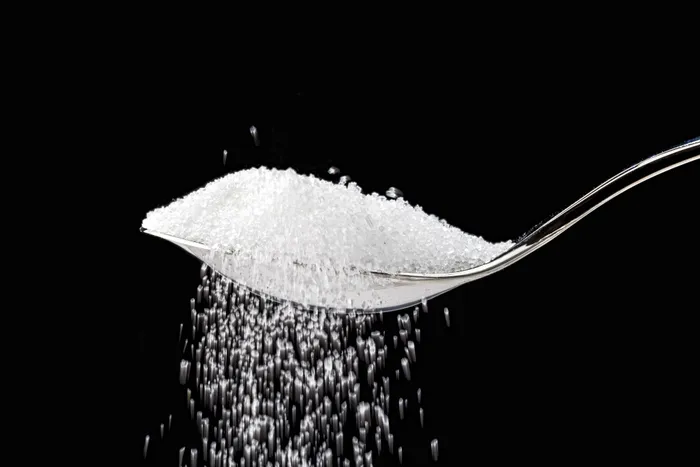
Heavily subsidised sugar from countries including Brazil and India is currently displacing locally grown sugar from local suppliers.
Image: File
Heavily subsidised sugar from countries including Brazil and India is currently displacing locally grown sugar from local suppliers, and this is putting thousands of South African jobs at risk. South African growers produce enough sugarcane that can be processed to supply all of our country’s sugar needs, but for every ton of imported sugar in South Africa, local growers lose a significant amount of income, threatening to lead to job losses and devastation in Mpumalanga and KwaZulu-Natal's rural economies.
In just June and July this year, 90 000 tons of sugar were imported, leading to a loss of R684 million in revenue for the South African sugar industry. This means that local growers have less to invest in their operations, to pay wages, and to support their local rural communities.
Much of the imported sugar originates from countries that not only subsidise their farmers, but also heavily support the export of surplus sugar to offload it onto global markets. These trade practices distort international prices, and opportunistic importers have been quick to seize the opportunity.
The model is simple: import sugar at subsidised rates, sell it to South Africans at the same price as locally produced sugar, and pocket the margin. The only party that benefits is the importer, most of which are foreign. Retailers and consumers likely see no difference in cost. But every bag of imported sugar sold in a supermarket, or every ton used by a food or beverage producer, displaces locally grown sugar.
That leaves South African growers with no option but to sell their product into the already distorted global market, often at a steep loss.
The impact is measurable. Jobs are lost as farm incomes shrink.
This erosion comes just as the industry is making genuine strides towards a sustainable and diversified future with the welcome support of the government.
The local sugar industry is working hard to ensure a sustainable and inclusive future for all of the 24 000 small-scale growers and 1 200 large-scale growers who are represented by SA Canegrowers. Diversification projects are advancing, with high-level government support for new opportunities in green fuels, sustainable aviation fuels and bio-based products. There is momentum regarding the Sugarcane Industry Master Plan, which has provided an essential framework for industry stakeholders and the government to work together to safeguard the million livelihoods dependent on local sugar.
Our government has signalled its support. Trade, Industry and Competition Minister Parks Tau has backed the industry through the Sugarcane Value Chain Master Plan including legislating an exemption to competition regulations for the sugar industry to facilitate stakeholder negotiations, while Agriculture Minister John Steenhuisen recently reaffirmed in Parliament that sugarcane growers have a vital role to play in the rural economy and in diversification into green industries such as bioethanol and sustainable aviation fuels.
Yet these gains will mean little if the value of locally produced sugar is siphoned away by opportunistic importers. The government has shown leadership, but policy support on paper cannot succeed without corresponding buy-in from retailers, food and beverage manufacturers and consumers themselves.
But survival depends on solidarity. If the government is standing behind local sugar, the private sector can do the same. Retailers should prioritise local procurement and label it clearly so that consumers know their choice supports South African farmers. Food and beverage manufacturers should commit to sourcing locally, even when imports tempt with short-term margins. And consumers themselves can make a powerful difference by buying South African sugar — because every bag on a shelf represents a livelihood.
Consumers can directly contribute to South African jobs by looking at the source of origin every time they purchase sugar. If the sugar is produced in South Africa, you are supporting the local economy. If the label says it is only “packed” in South Africa or produced elsewhere in the world, buying that sugar will contribute to the deterioration of local job opportunities.
Earlier this month, SA Canegrowers launched the Save our Sugar campaign(www.saveoursugar.org.za) to increase awareness of how to identify locally produced sugar, and to ask South Africans to show their support for local jobs.
South Africa’s sugar industry has weathered storms before, and it is showing resilience again. But it cannot survive on government support alone. What is needed now is a united front — from the government, industry, retailers, and consumers — to ensure that every teaspoon of sugar sweetening our tea is also sweetening the future of South African growers.

Higgins Mdluli, Chairman of SA Canegrowers
Image: Supplied
Higgins Mdluli, Chairman of SA Canegrowers
*** The views expressed here do not necessarily represent those of Independent Media or IOL.
BUSINESS REPORT